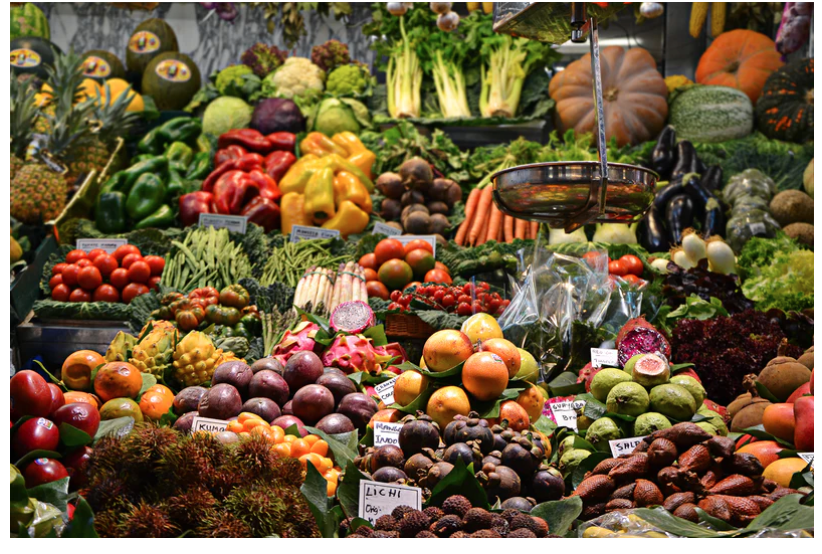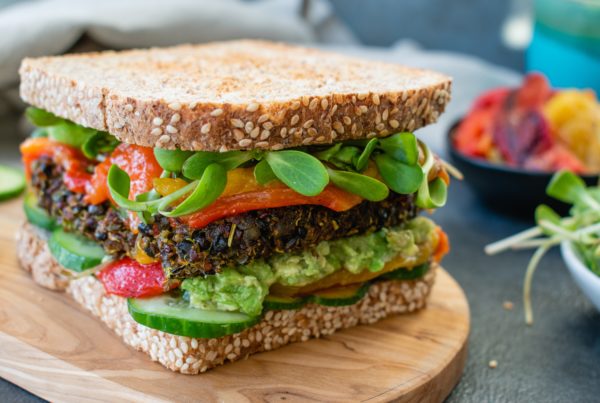It is apparent that so much food goes to waste due to not planning ahead, forgetting about food, or not thinking about the long term effects of food waste for our environment. Use these tips to prevent your personal food waste and be smart with your food!
Preventing food waste is incredibly important and it is our job to make meaningful choices. Through our reduction, we decrease waste and pollution. When food is wasted, both important resources such as money and food are lost. The amount of food waste in Canada is an estimated $31 billion dollars annually. Not only does this waste the actual food, but all of the energy, water, and other resources that have been used to produce, transport, and sell the food. By reducing our food waste, we reduce the amount of resources lost in production, processing, and distribution. Reducing food waste is extremely beneficial to our own individual wallets and health, but also has global effects in reducing methane emissions, conserving energy and resources, and supports our community. Here are some tips you can follow when buying and managing your food at home.
General Tips to Prevent Food Waste:
- Shop Smart
- Try to think realistically how much food you will use out of what you buy
- Consider how many times you go to the grocery store
- To buy less food, go to the grocery store more often and buy less food
- Portion Control when Cooking
- At restaurants, portions are very large and this tends to trickle in our own homes
- This can lead to cooking more food that may be wasted
- Leftovers
- Label your leftovers so you can keep track of how long they have been in the refrigerator
- Try to incorporate leftovers into another meal such as leftover chicken for salads or vegetables in soups
- Try to finish all of your leftovers for lunches or dinners
-
- Storage Tips
- Understand how to store you fruits and vegetables so they can stay fresh longer
- Freeze and preserve fruits and vegetables to extend their longevity
- Wait to wash fruits and vegetables to prevent mold
- Treat Expiration Dates as Guidelines
- Often, expiration dates indicate food quality, not food safety
- Trust your senses when reading the date on the food based on smell, sight, and taste
- A few days after the guidelines may not be harmful, and are often used as tactics to sell more products
- Donate Extra Food
- Before you throw away excess perishable foods, consider donating it to local food banks and charities
- Food scraps can also be donated to farms and companies to feed livestock
- Compost, but with consideration
- Instead of throwing food scraps in the garbage, compost certain foods and use them for fertilizer or to be put in the yard waste bin
- Composting is better than sending it to the landfill for wasted food, but preventing food from its waste should be our number one priority
- Focus on finding other ways to consume your excess food instead of composting it
Overall, reducing food waste is completely possible with realistic considerations such as safe storage and buying foods when you need it.
- Storage Tips



